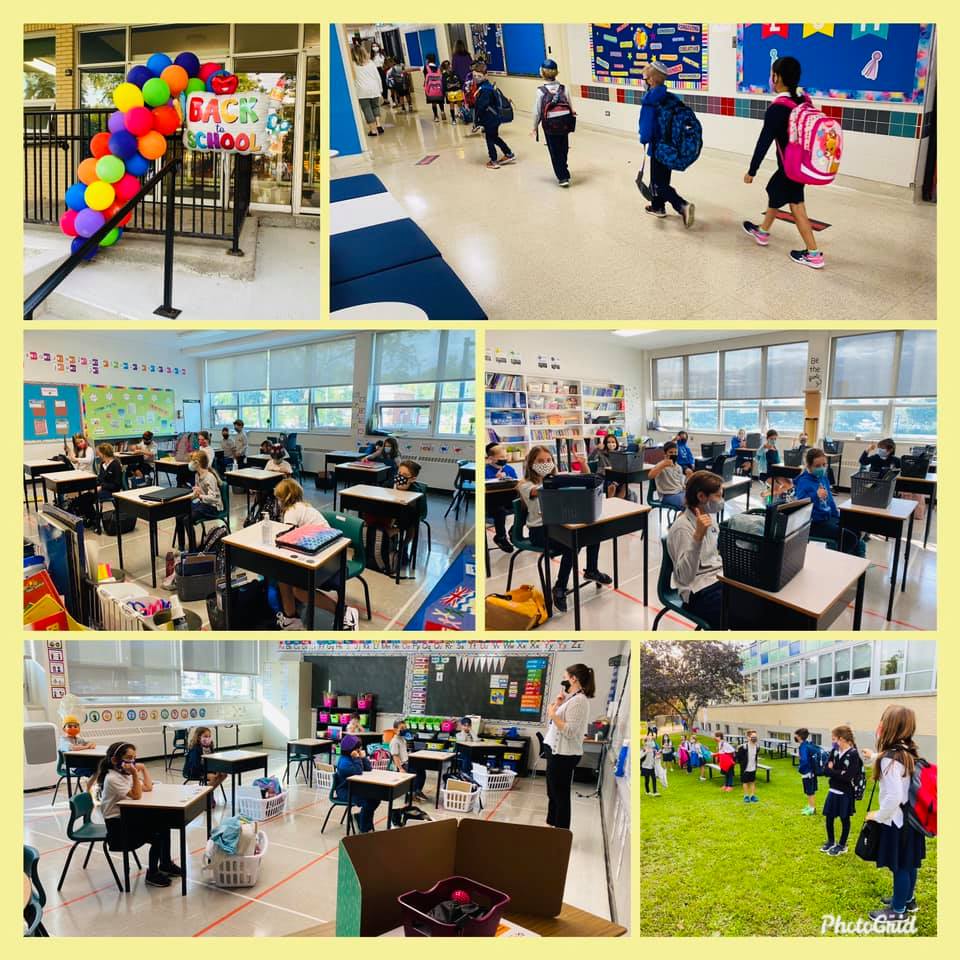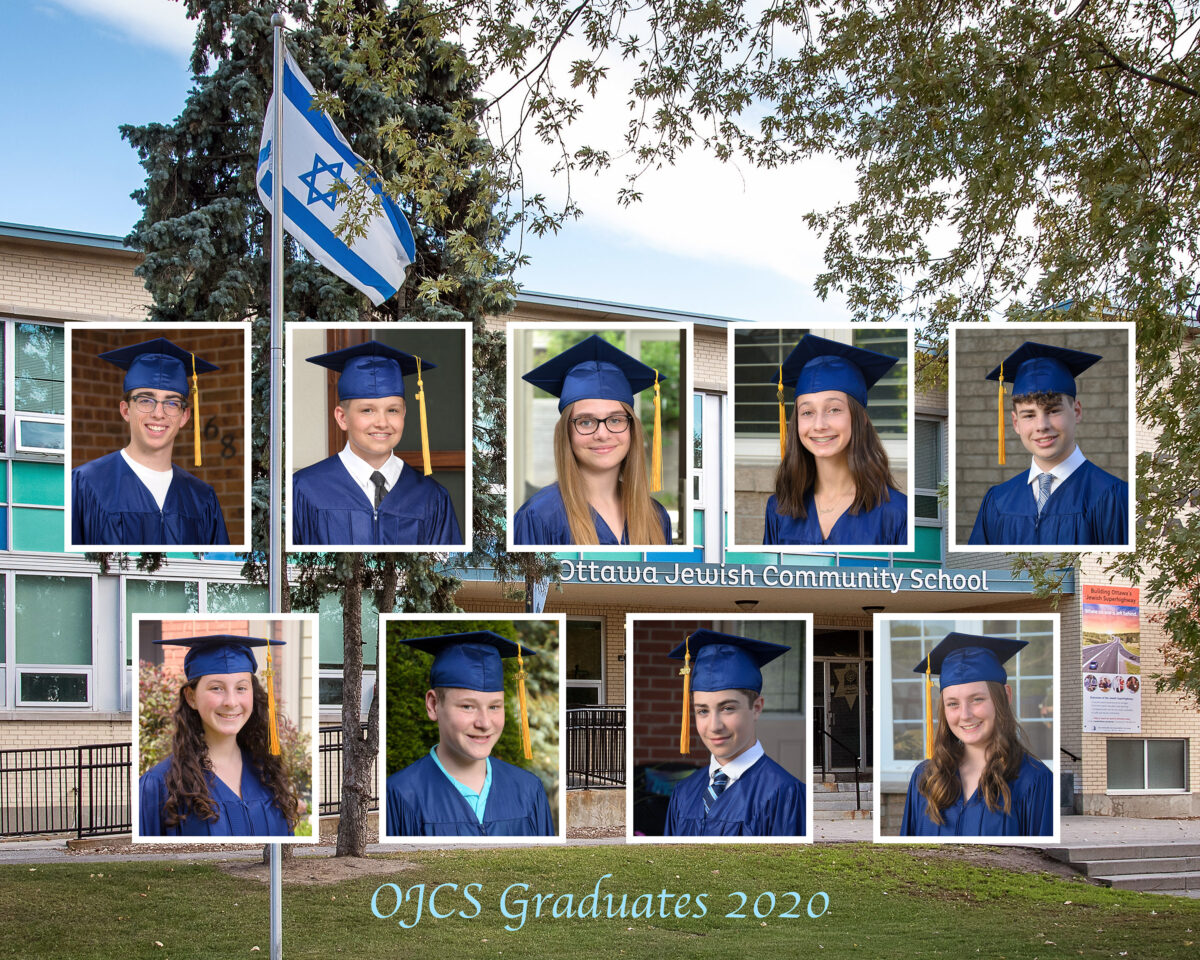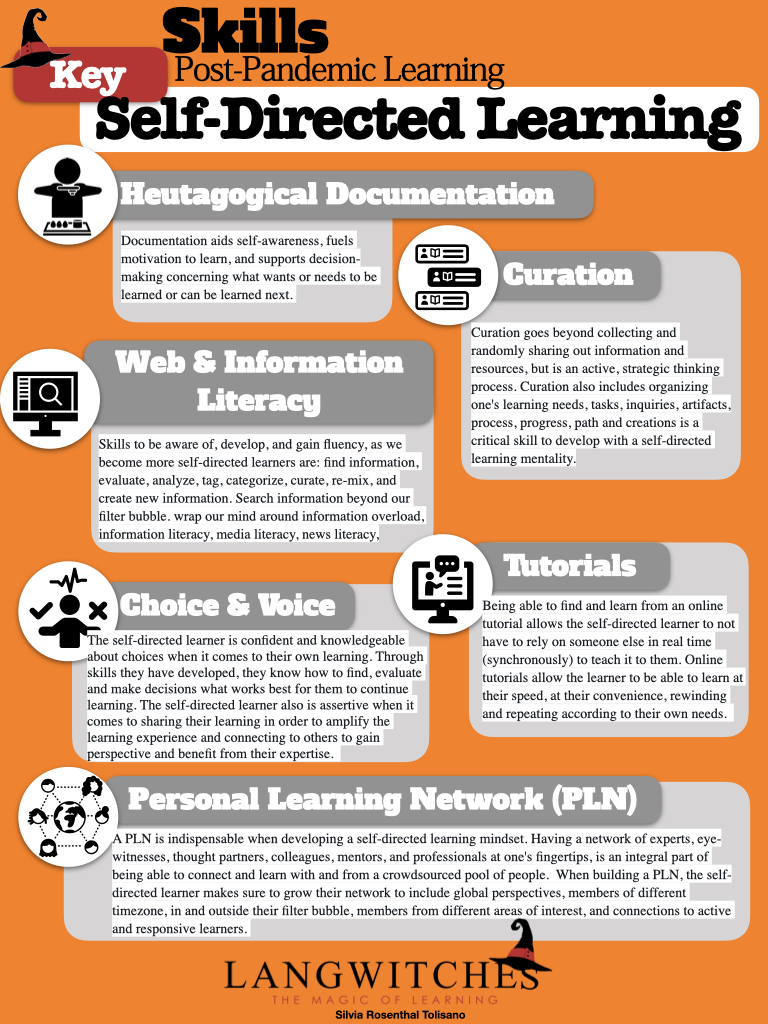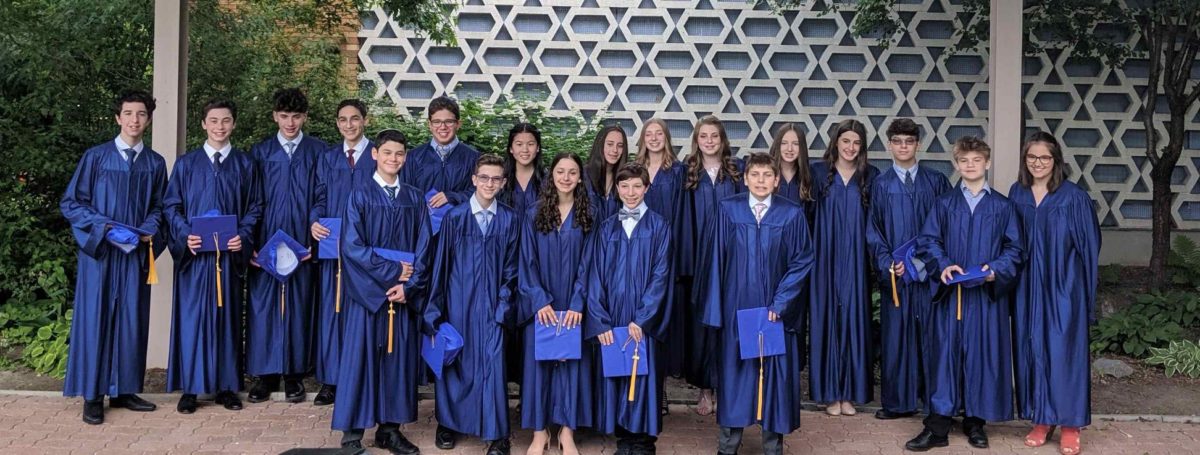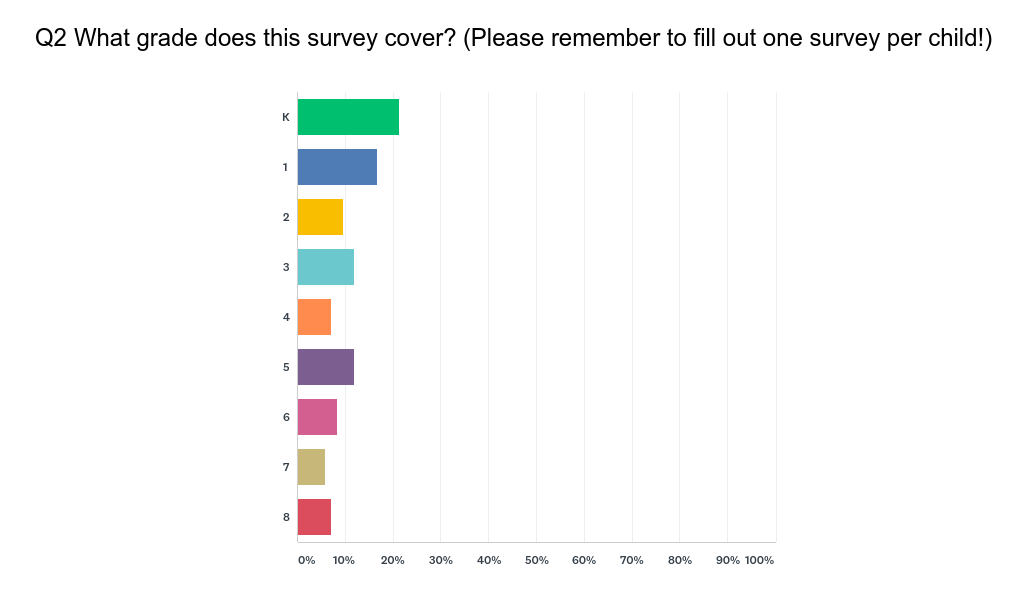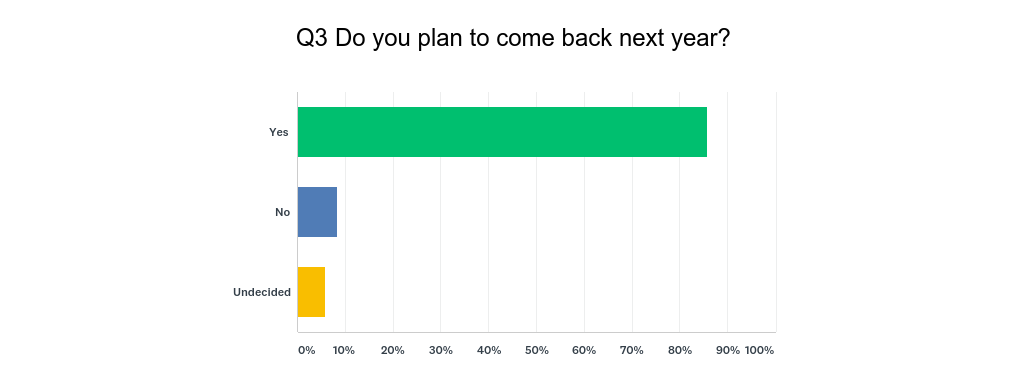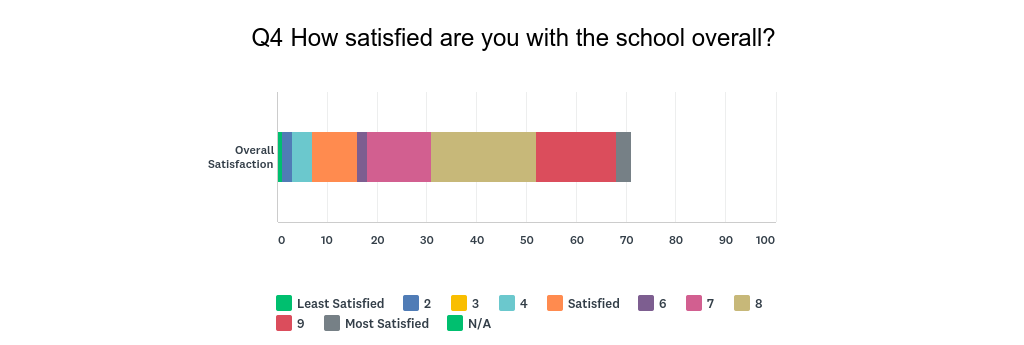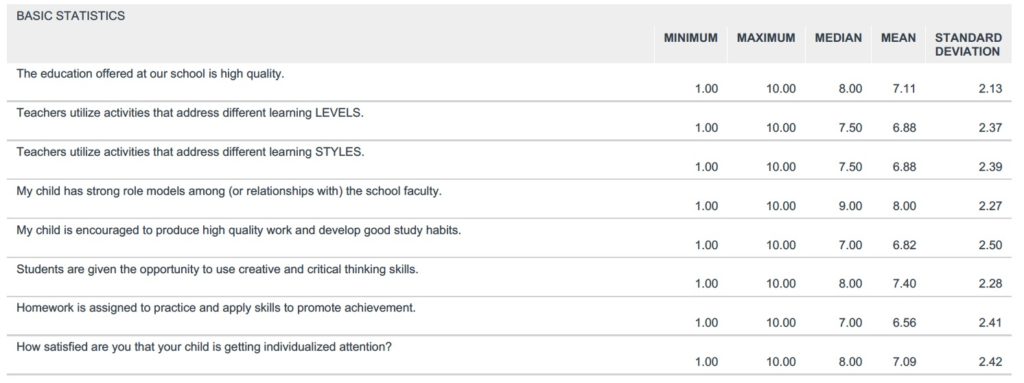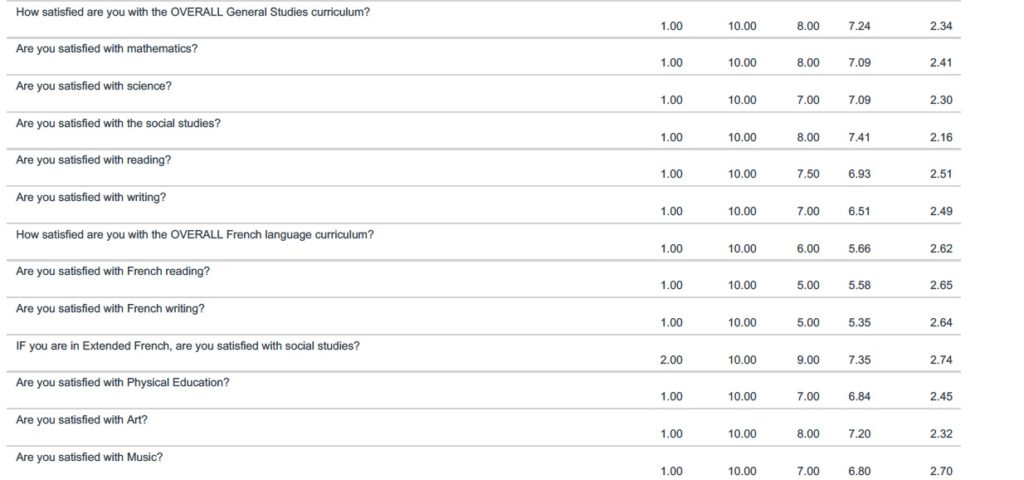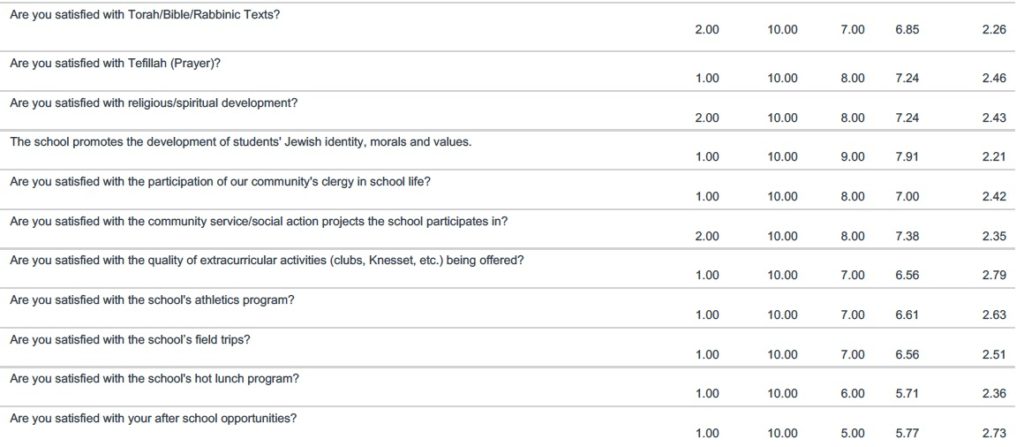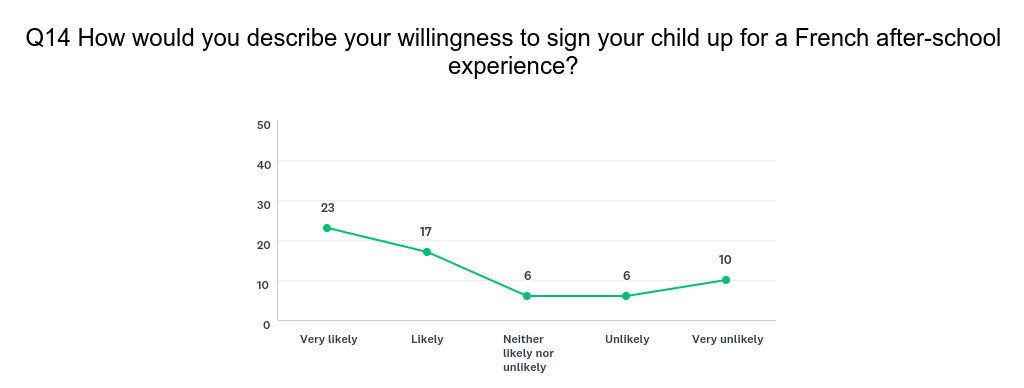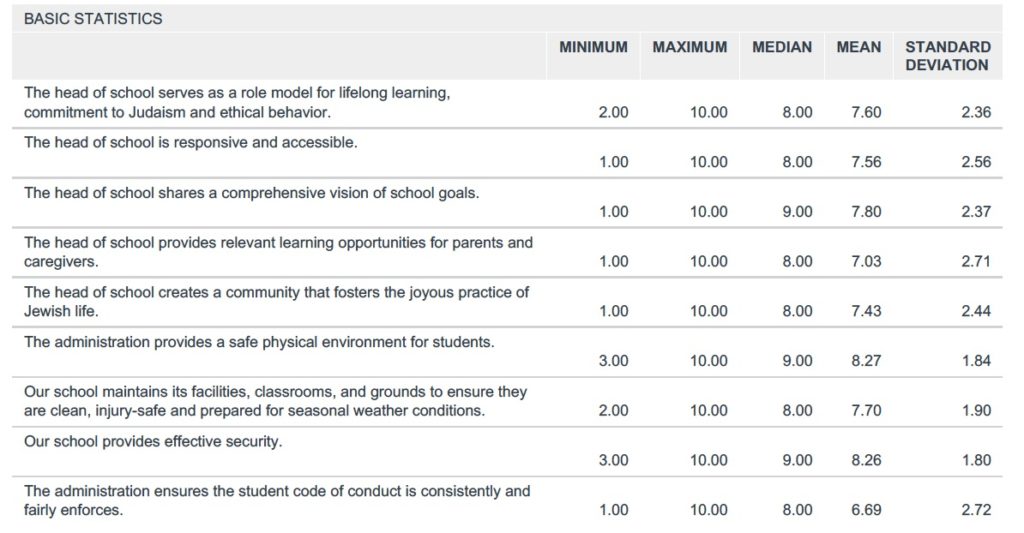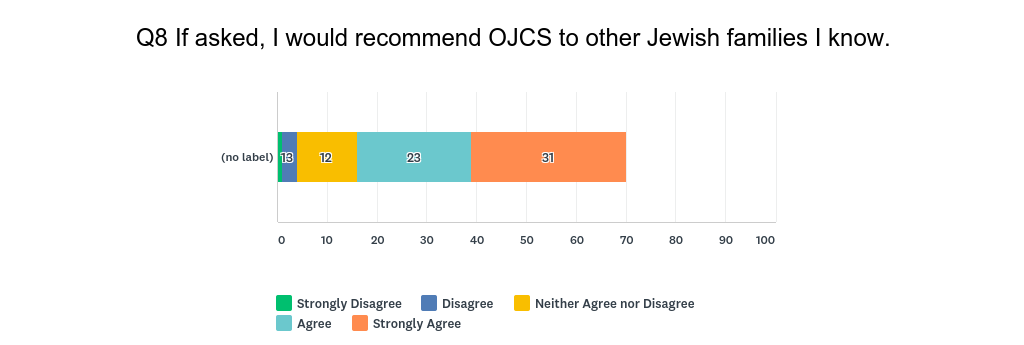Long time readers of this blog know that there is no pun too corny; and that I am good for a “shofar, so good” blog post each year come the Jewish High Holidays. With our annual (reimagined for COVID) Middle School Retreat taking place next week (!) with its inevitable blog post to follow, it means that I get to use my pun even earlier, albeit a week too soon for Rosh Hashanah.
I have been a head of school for thirteen years across three schools and, like all my colleagues, I have never had a spring like last spring, a summer like last summer, or a first week of school like this one.
So after all the work and the planning and the logistics and protocols and the procedures…how are things going at the end of the first week of the 2020-2021 school year at the Ottawa Jewish Community School?
Shofar, so good!
We have lived a thousand micro-dramas these last few weeks as it is one thing to put protocols into writing and an entirely other thing to put them into practice. I lived this experience myself as both a parent and a principal on the very first day of school! My experience of trying to figure out what to do in the grey areas between policy and life is being played out in homes and schools throughout our community, province and country. Teachers and parents are being called upon to exercise both caution and discretion in the face of unheard of conditions and we will be well-served to give each other space and permission to overcorrect and overcorrect again until we calibrate into our new normal.
But as I tried to express in last week’s post, our school is way more than a collection of COVID protocols and processes! Of course, safety is our most pressing concern these days, but only a schmidge below is our sacred duty to educate. And with regard to that holy enterprise, I am so grateful towards and proud of our teachers – especially the many new ones. The job of being a teacher has never been more complicated and never more important. Not only must our teachers do everything they had to do before, but they are also called upon to be distance and hybrid learning experts, healthcare workers and mental health professionals – all while taking care of themselves and their families. And while this is generally true of all teachers, it is especially true at the highest bar for OJCS teachers. Seeing the time and effort that goes into reaching it, is nothing short of inspirational.
We saw last spring how amazing our teachers were when we needed to make the pivot unplanned. (And we know that our community was paying attention as our enrollment has grown – and is still growing – despite an economic downturn.) Imagine how extraordinary our teachers are going to be when we have done nothing, but plan! If you are a current OJCS parent, of course, you don’t have to imagine – you can see it each and every day.

Other thoughts and musings from the first week…
…you know how you sometimes don’t fully appreciate something until you can’t do it? I always feel badly that I am not more of a presence in classrooms, but now I crave it! I can’t wait to be back in classrooms!
…I didn’t think I would miss the Shofar Patrol this much!
…I know I mentioned it above, but it really is true that you cannot know something until you live it. We have lots of fine-tuning ahead of us as we gain experience! We appreciate both your feedback and your patience as we learn and our policies evolve. Our “COVID FAQ” is live for a reason…it will change.
…I love using three entrances and exits this year, but please don’t tell any parents who hate it.

Please save the date! By both parent and teacher request, we are bringing back a traditional “Back to School” on Wednesday, September 23rd at 7:00 PM. The platform (virtual) may be new-school, but the program will be old-school. Apparently, my telling you each year that all the information you need as parents (homework policies, behavior management programs, and the curriculum) is simply on the classroom blogs hasn’t satisfied parents or teachers! So now that I have united you in your disagreement with me…welcome back “Back to School”.

